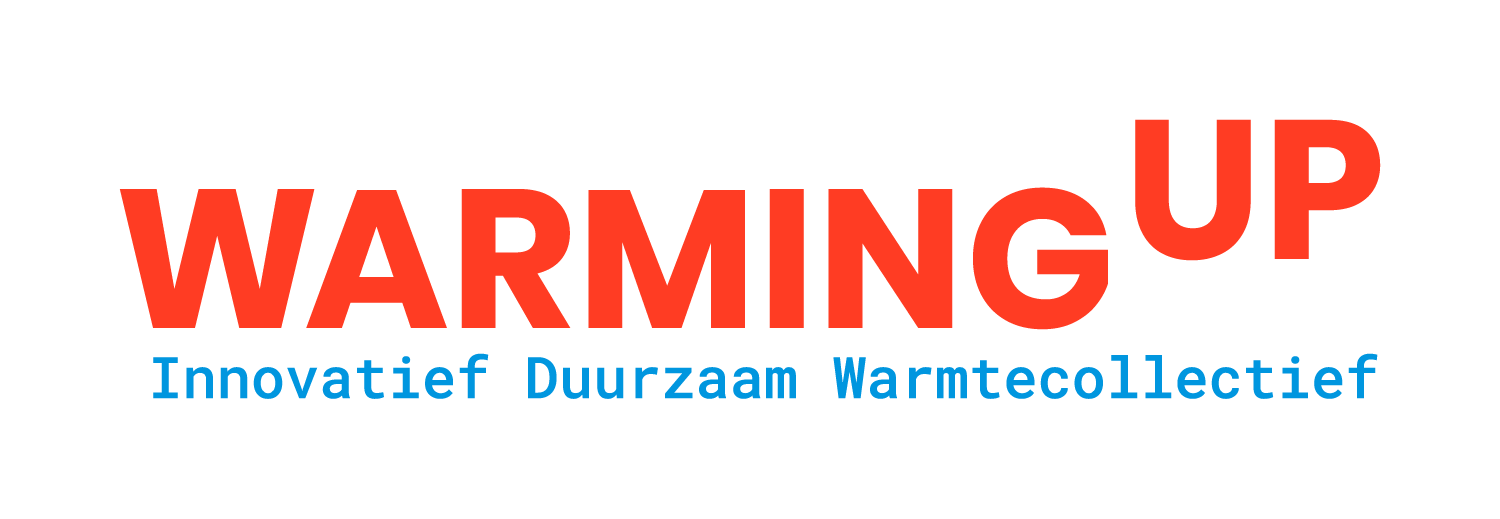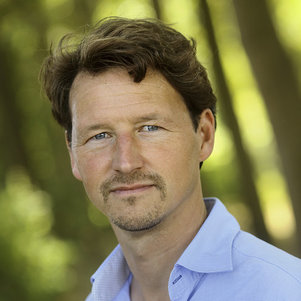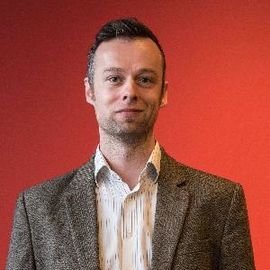TU Delft works to create a natural gas-free built environment
The consortium WarmingUp, a new collective endeavouring to accelerate the creation of cost-effective and sustainable heating networks, has been awarded a grant worth €9.3 million by the Netherlands Enterprise Agency (RVO) as part of its Long-Term Mission-Driven Innovation Programme (MMIP). Under the leadership of TNO, TU Delft has joined forces with other key players in the field of affordable and sustainable heat to form WarmingUp. The partners themselves are investing €9.5 million in its research programme.
WarmingUp
The Netherlands faces a major challenge. Under the National Climate Agreement, the built environment is to be made natural gas-free. The aim of WarmingUp is to develop collective heat systems that are affordable, sustainable, reliable, practicable and socially acceptable. Using new know-how, it is hoped that sustainable heat sources with different temperature levels and volumes can be combined in a smart way and that large-scale heat-storage systems can be developed. At TU Delft, researchers from the faculties of Mechanical, Maritime and Materials Engineering (3mE) and Civil Engineering and Geosciences (CEG) are participating in the initiative.
Control of heat networks
Ivo Pothof, a researcher in the Process and Energy department at 3mE, is leading the university’s work on the effective control of current and future heat networks. In this field, he collaborates closely with Tamas Keviczky. Their research is important if we are to keep costs manageable, maximise the use of sustainable sources and ensure security of supply. It also encompasses the use of artificial intelligence in future heating networks.
Seismic activity
Because of the use of geothermal wells, the risk of seismic activity is a concern which can hinder public acceptance of sustainable heating networks – their so-called ‘social licence to operate’. Within the new research collective, a team led by Phil Vardon will therefore be investigating the development of integrated seismic and electromagnetic monitoring techniques suitable for use in the built environment. A second project focuses upon optimising the design of underground heat storage systems.
Read the TNO press release about WarmingUp (in Dutch only).


